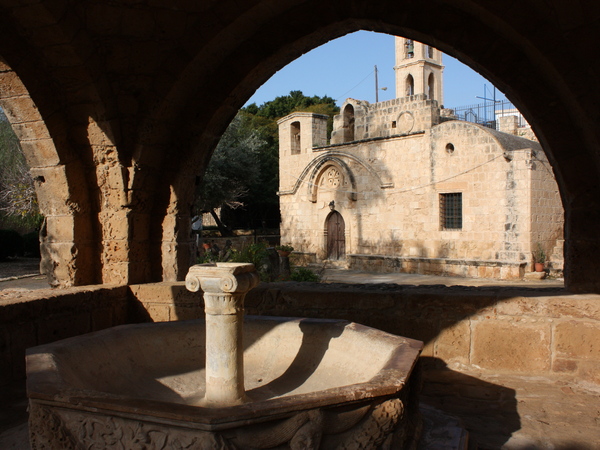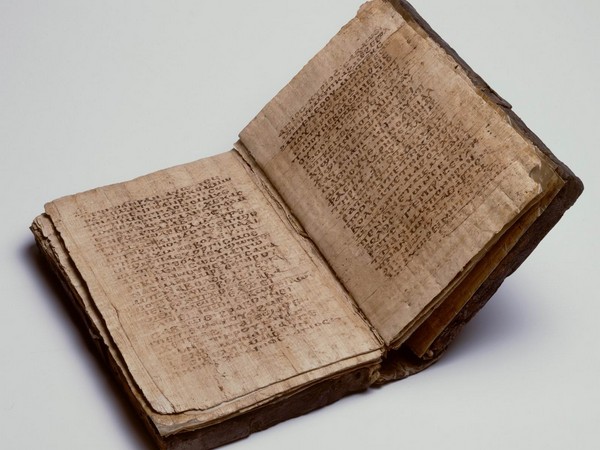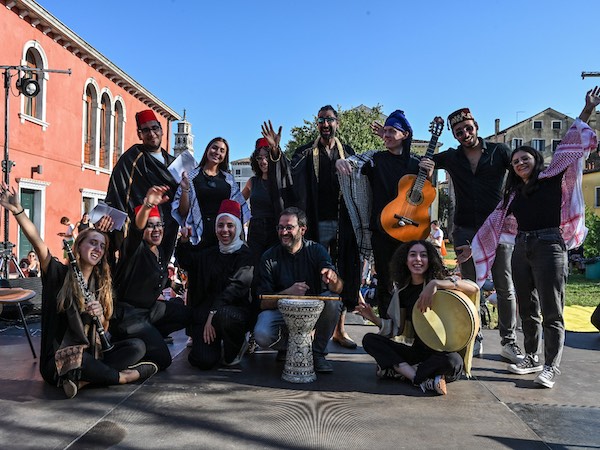Helping teachers to fight against stereotypes and prejudices linked to religion in class by concentrating on the understanding and study of these religions: Ca’ Foscari returns to European schools with these objectives as the leader of the “Study of Religions Against Prejudices and Stereotypes” (SORAPS) project, funded by the European Commission as a Strategic Partnership in the framework of the Erasmus+ programme.
The project is coordinated by Massimo Raveri, professor of Religion and Philosophy of Eastern Asia in the Department of Asian and North African Studies at Ca' Foscari. Thus the Ca’ Foscari research team proceeds with the task started with the Intercultural Education through Religious Studies (IERS) project.
The direct participation of those involved (school teachers, for instance) represents the principal strong point and great novelty of the initiative. The SORAPS project is within the framework of Key Action 2 in the Erasmus+ Programme. It will last 30 months and has 375,000 Euros worth of funds.
The project aims to create and experiment with a training course for teachers on the topics related to religious studies, with particular attention to the study of ‘prejudice’ and ‘stereotypes’ related to religion, and the processes of controlling it.
Instructors in the team
In order to have a constant acknowledgment and involvement of the schools in the design and experimentation of the programme, the SORAPS project has included three schools from different European countries as partners, each one providing two teachers as the first ‘experimental users’ of the training course. Their role will not just be passive: on one hand, their own observations, even in the initial phases, will ensure that the results of the project will adapt well into the school environment; on the other hand, these teachers will organize and implement training events themselves, directed at their colleagues.
The Study
This term, questionnaires and observations are being collected at schools, providing the first materials on which to create courses that respond to the real needs of European secondary schools. 100 students and 30 teachers will be interviewed. Together with the previous data collected, the responses will make up the base for a preliminary study and a series of guidelines that will aid the second phase of the project, planning the training course curriculum and the necessary didactic materials.
The Course
The aim of the training course is to provide teachers with knowledge and skills to enable them to use the Digital Modules, already produced by the previous IERS project, at the highest level: elements of religious history, the use of multimedia tools in class, management of multicultural classes to maintain an educational intercultural perspective, in order to obstruct prejudice and stereotypes in particular.
The SORAPS project training course provides a blended procedure, between lectures that take place both in classrooms and online (through a specially created website). In particular, it will provide 5 days of frontal training at the beginning of the course, 9 months of online training and another 5 days of frontal training at the end of the course.
A resource for everyone
At the end of the project, the curriculum, materials, access to the platform and guidelines for the implementation of the course will be available for all stakeholders, whether schools, universities or other training institutes.
The Consortium
Ca' Foscari University is the leader of a consortium formed of four European Universities (École Pratique des Hautes Études in France, Universität Augsburg in Germany, Syddansk Universitet in Denmark and Universidad de Salamanca in Spain), a non-profit organization (Oxfam Italia Intercultura) and three schools (Liceo Foscarini in Italy, Lycée René Cassin in France and IES Campo Charro in Spain).










